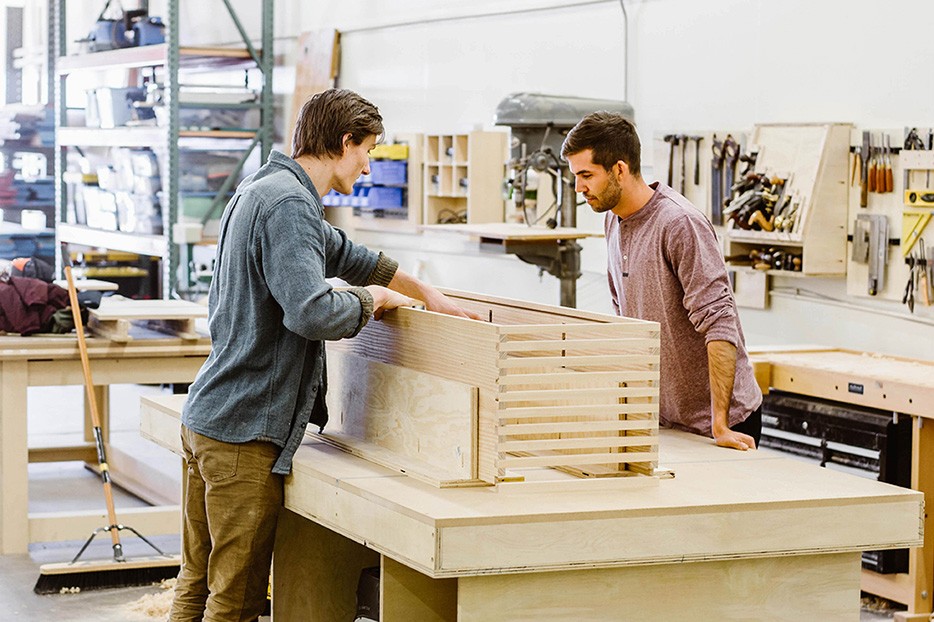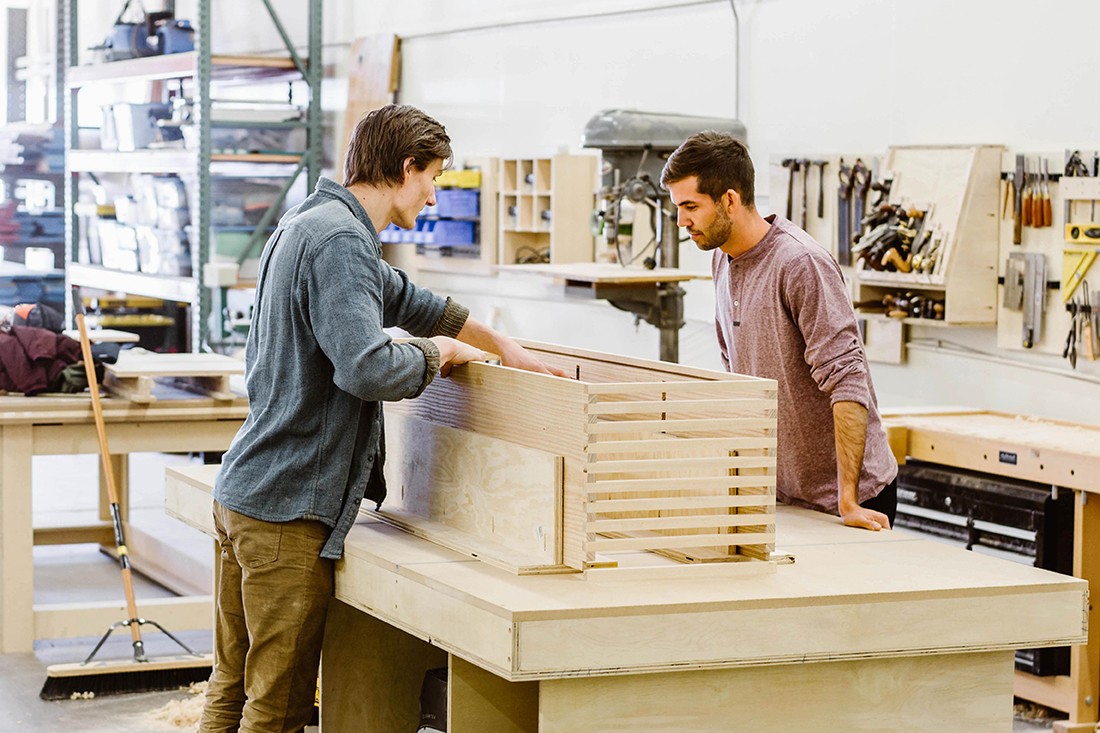
the voices of michael sagan + dennis mulherin
Intentionally crafted furniture has the power to change an environment for the better. Although few homeowners and apartment dwellers are aware of how a home’s furnishings can affect the energy of their surroundings, Michael Sagan and Dennis Mulherin are reforging the connections residents make with their environments through thoughtfully handcrafted furniture.
Dennis’ woodworking aptitude converged with Michael’s tech-centered background and love for the craft to form Lundy, a Boulder-based furnishings company that focuses on crafting heirloom pieces with intention. We sat down with the duo to discuss their roots, their values and the challenges of launching a brand during a global pandemic.
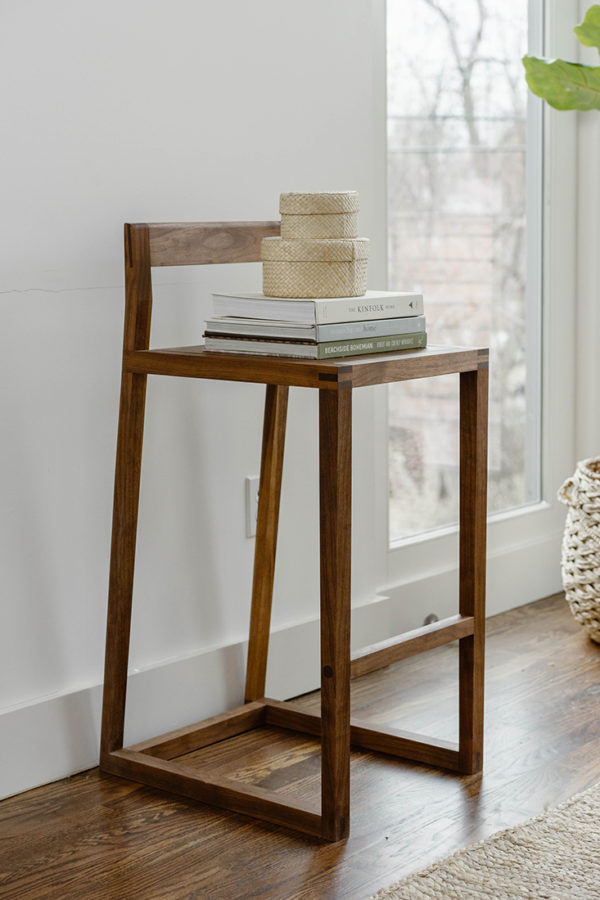
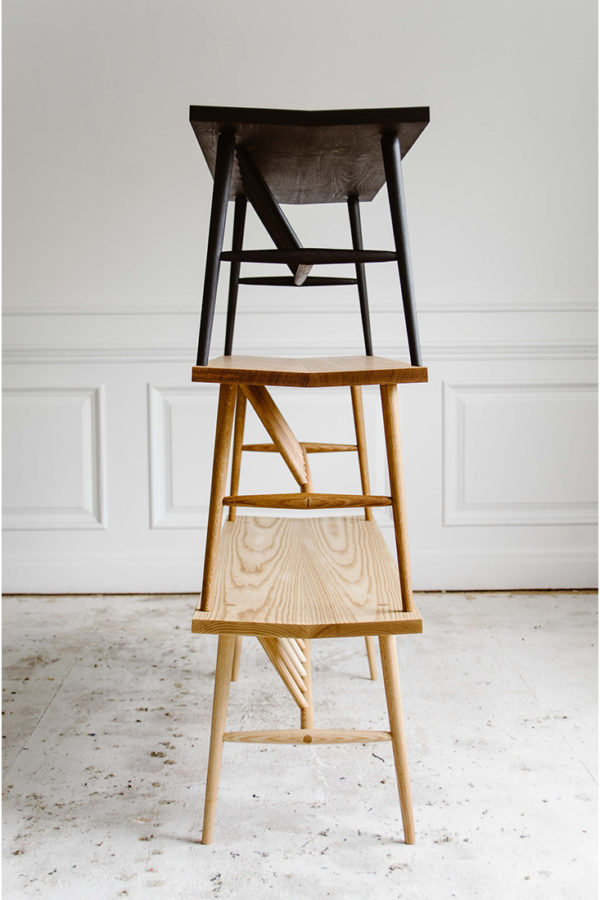
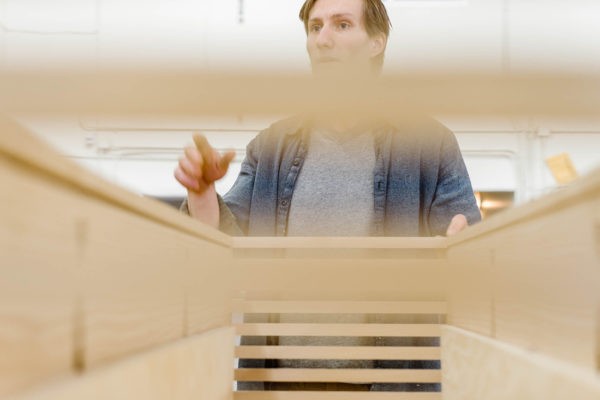
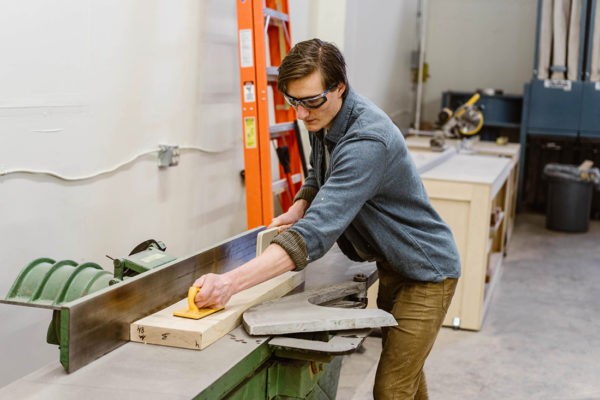
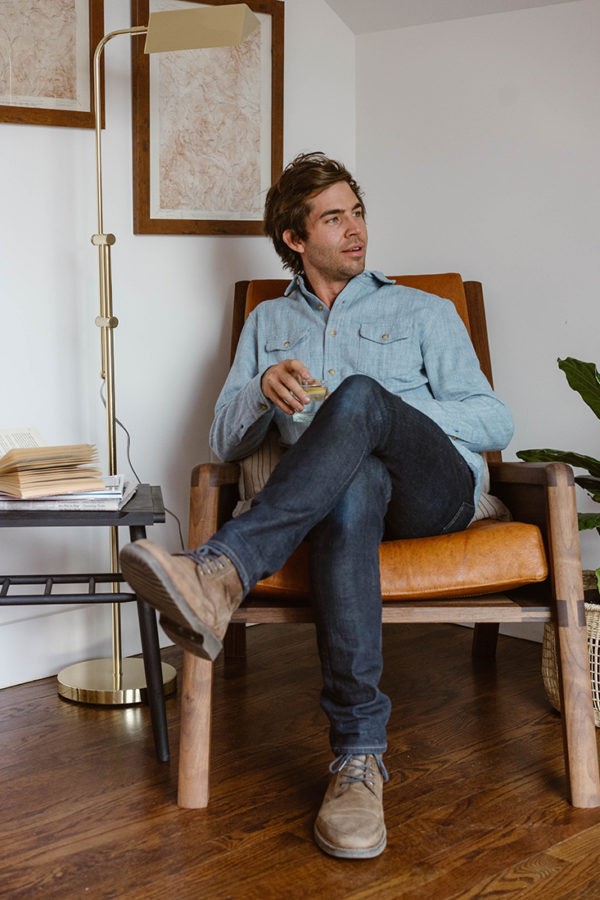
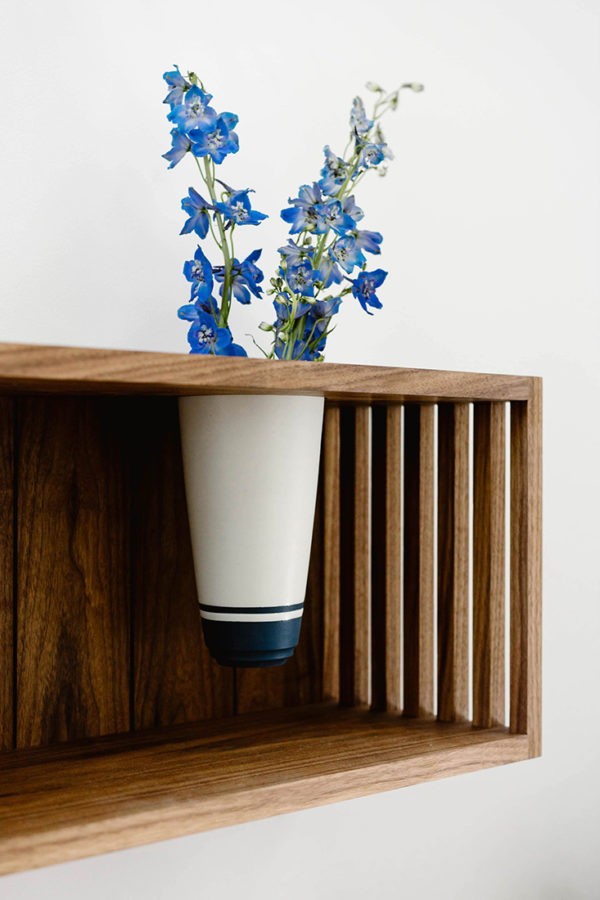
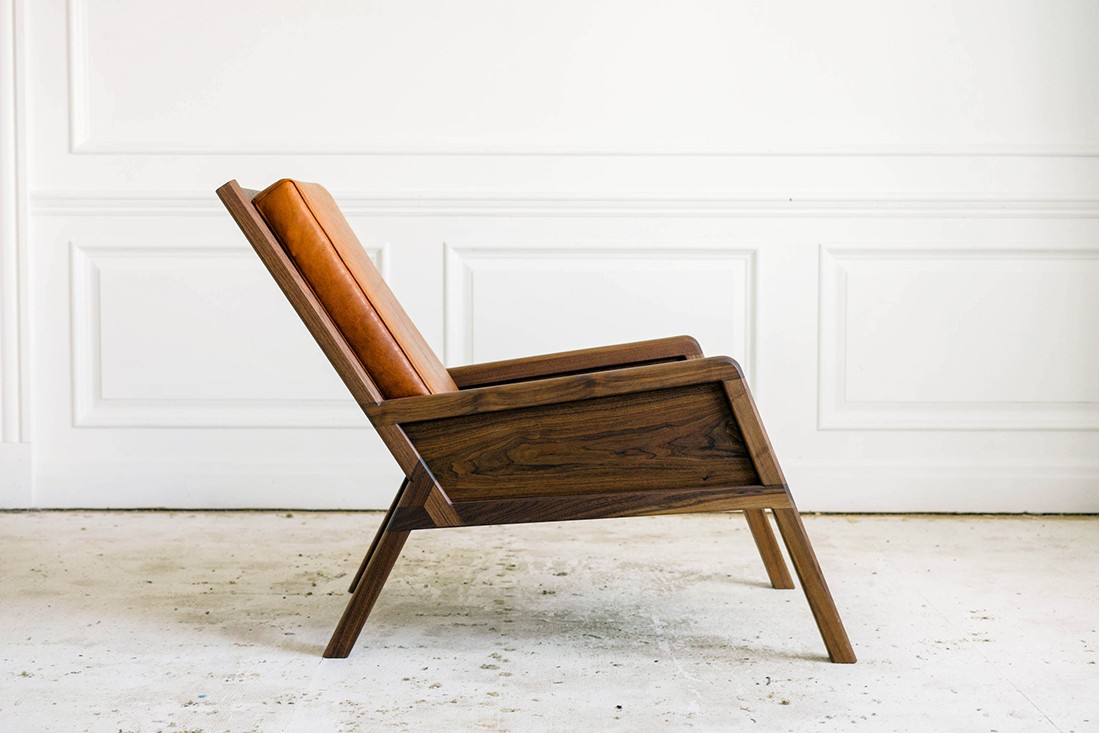
SUBSCRIBE
to stay in the know
Your monthly dose of significant properties, seductive architecture, influential design, art that matters and community happenings.

